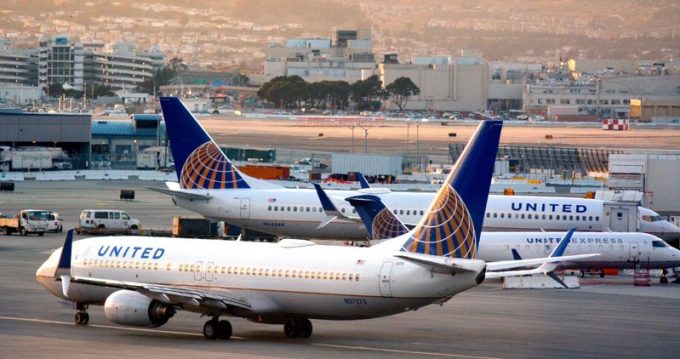CJ Logistics builds second Chicago warehouse to link with major rail freight lines
South Korean forwarding group CJ Logistics is working with state-backed ship financier Korea Ocean Business ...
GM: RAISING THE ROOF GGM: IN FULL THROTTLE GZIM: MAERSK BOOST KNIN: READ-ACROSSMAERSK: NOT ENOUGHMAERSK: GUIDANCE UPGRADEZIM: ROLLERCOASTERCAT: HEAVY DUTYMAERSK: CATCHING UP PG: DESTOCKING PATTERNSPG: HEALTH CHECKWTC: THE FALLGXO: DEFENSIVE FWRD: RALLYING ON TAKEOVER TALKODFL: STEADY YIELDVW: NEW MODEL NEEDEDWTC: TAKING PROFIT
GM: RAISING THE ROOF GGM: IN FULL THROTTLE GZIM: MAERSK BOOST KNIN: READ-ACROSSMAERSK: NOT ENOUGHMAERSK: GUIDANCE UPGRADEZIM: ROLLERCOASTERCAT: HEAVY DUTYMAERSK: CATCHING UP PG: DESTOCKING PATTERNSPG: HEALTH CHECKWTC: THE FALLGXO: DEFENSIVE FWRD: RALLYING ON TAKEOVER TALKODFL: STEADY YIELDVW: NEW MODEL NEEDEDWTC: TAKING PROFIT

Crain’s Chicago Business has published an interesting analysis of the US airline bailout programme. Author Timothy Massad, senior fellow at the John F Kennedy School of Government at Harvard University, questions the sums handed over by the US taxpayer to investor-backed businesses. He notes that just one day after receiving $5bn in assistance from the US Treasury, United sold $1bn of common stock. Similarly, Delta said it would raise $3bn selling secured debt.
“The aid to air carriers is particularly good for investors and costly to taxpayers, because most of it — 70% to be exact — doesn’t have to be repaid,” says Mr Massad, calculating that if United paid back the loan part of the funding, according to the terms of the assistance, its share price would have to reach $800 for the government to recoup its aid. United’s pre-Covid share price was $90.
“We need to spend more wisely in keeping our economy afloat,” he concludes. A good read.
Comment on this article